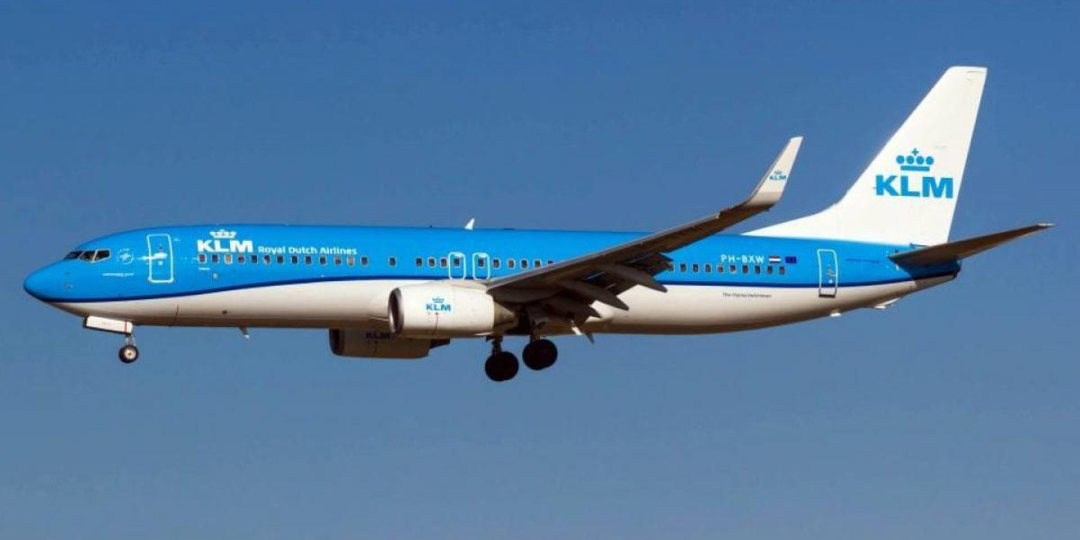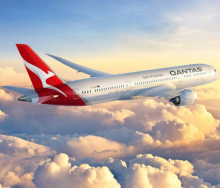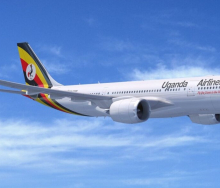KLM CEO, Marjan Rintel, has met a proposal in the Netherlands’ legislature to tax transit passengers at Schiphol with a round “No”.
The tax was proposed last week as an element in the climate policy of the Netherlands, and the intention would be to use the proceeds from a tax on transfer travellers and private jet passengers to lower energy bills for Dutch residents. The mooted tax amount is not known, but several publications have suggested it would be US$56 (€53 or R1 060).
In a LinkedIn post last Friday, Rintel wrote: “You stack tax on tax and chase passengers away to airports abroad. That does not ensure cleaner aviation.” She also said the nett effect if the tax were to be implemented, would be to reduce KLM’s transit traffic over Schiphol by as much as 36%; 60% of KLM’s passengers at Schiphol are in transit.
In addition to the proposed tax, which would mean a serious reduction in the ability of KLM to compete with its peers, the airline is fighting many fires on many fronts, several relating to green issues.
One of these is the Dutch government’s decision to pursue its plans to cut the number of aircraft movements at Schiphol from 500 000 to 452 500 annually from the summer of 2024. This is being done in the name of lessening noise pollution by 20%.
Another is Schiphol’s ongoing struggle to recover from the pandemic. Staff shortages in 2022 led to the airport needing to cap the number of passengers per day and the number of flights. The airport remains below pre-pandemic passenger numbers.
Yet another is the looming carbon taxes for KLM (and other EU airlines) under the European Union’s emissions trading scheme from January.
When talk turns to reducing flights, Schiphol has in its favour some of the best rail connections, such as the high-speed trains to Brussels, Paris and London.














